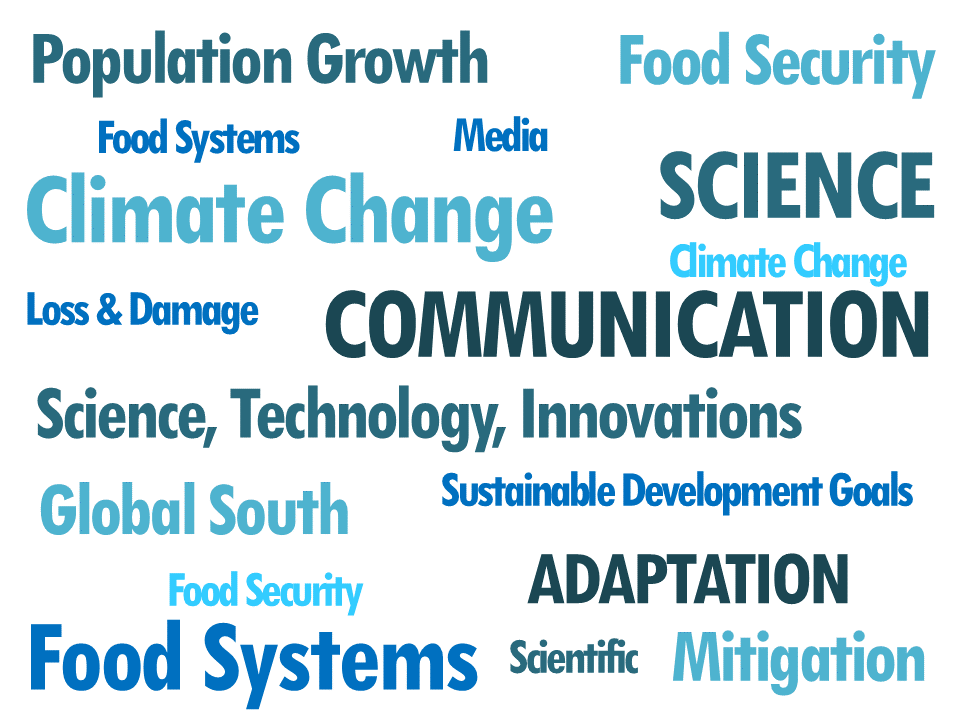Pick Up
1109. Communication on Science, Technology, and Innovation

1109. Communication on Science, Technology, and Innovation
Today, science, technology, and innovation are becoming more and more important in all spheres of human life. Some developing countries have seized the opportunity of rapid advancement in science and technology and are developing by leaps and bounds. However, for many countries in the Global South that are struggling to adapt, the rapidly changing landscape of science, technology, and innovation poses a major challenge. The situation is exacerbated by the persistent technology access gap between developed and developing countries due to the disparity in technological capabilities and the absence of the governance framework required for widespread technology diffusion.
As climate change accelerates and environmental problems pile up, trends in the agriculture, forestry, and fisheries industries in the Global South, which will continue to drive global food demand due to population growth, are important issues for food security in the world and in Japan. Science, technology, and innovation in the agriculture, forestry, and fisheries industries of the Global South is the subject of information dissemination at JIRCAS. An article in Nature on the importance of communication on climate change is a good reference.
According to the op-ed, climate communication researchers acknowledged that the consensus message of scientists can be useful as a way to inform people that climate change is real.
On the other hand, consensus messages are not enough to bring about a permanent shift in perception and behavior change, and they need to be convincing to the individual. For example, climate change is affecting the people, places, and things we love. In the past, images of polar bears clinging to melting ice sheets were used to convey the seriousness of the warming situation. But now the impact of climate change on food prices and security is more effective than polar bears. For example, the worsening of asthma in children caused by forest fires in Canada is understood by people as a real problem. There is a need for "connect-the-dots" work that connects individual experiences with climate change.
JIRCAS will continue to disseminate information through communication and events so that people can see global food security issues and science, technology, and innovation in the agriculture, forestry, and fisheries industries of the Global South as their own issues.
Contributor: IIYAMA Miyuki, Information Program
